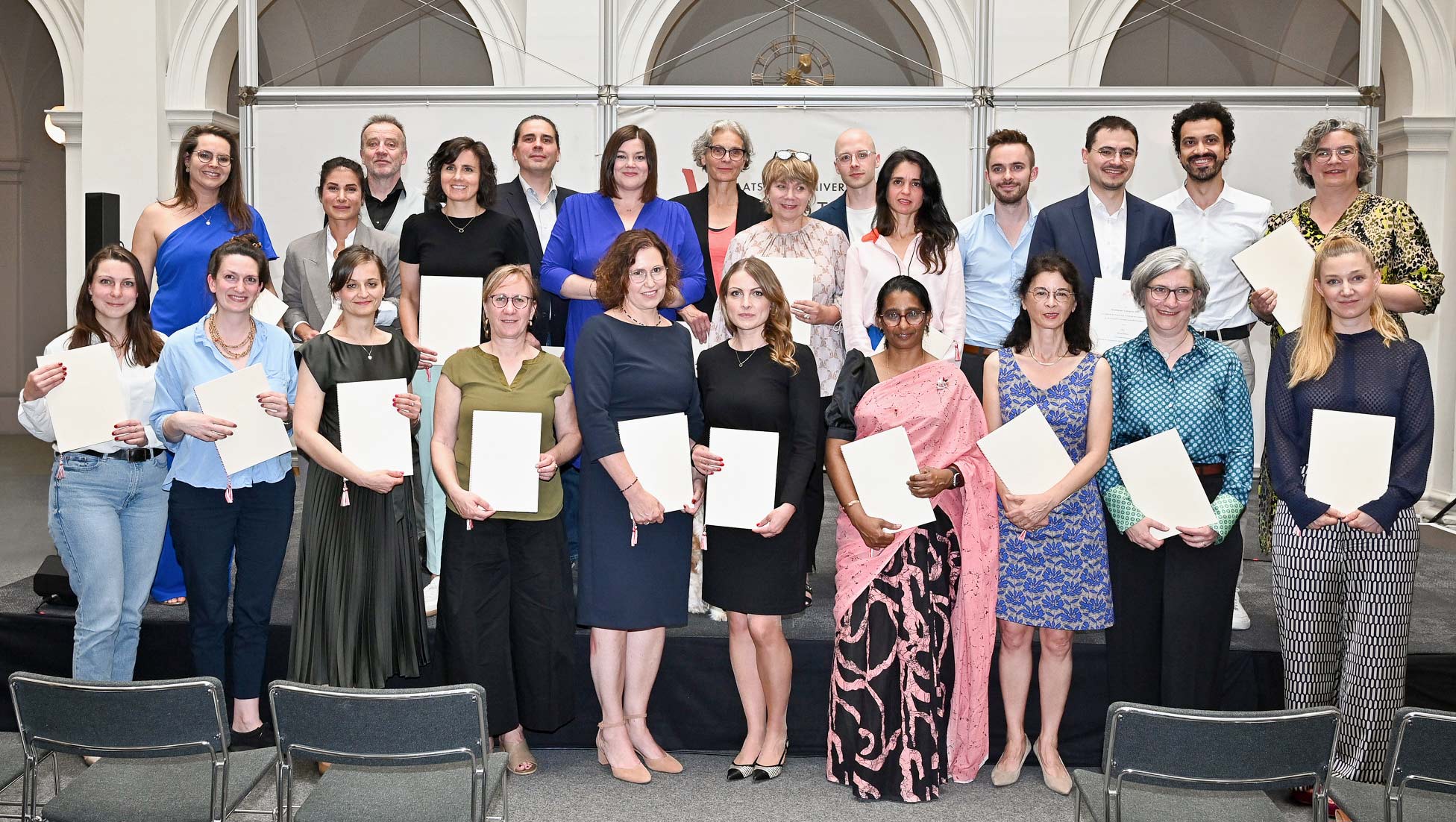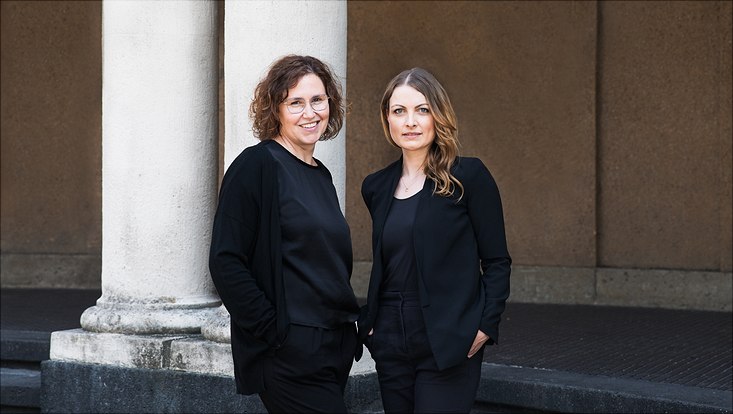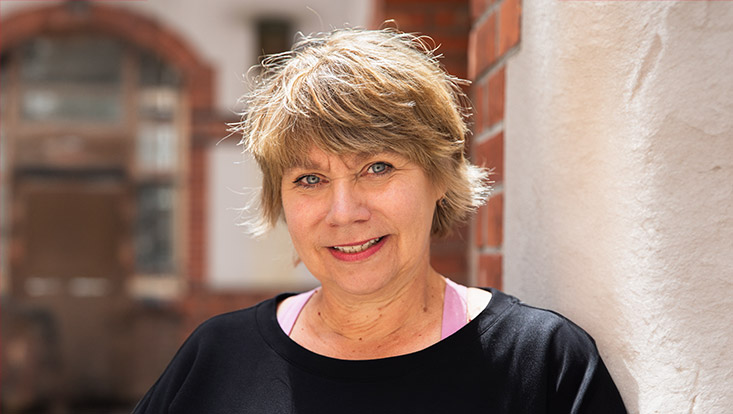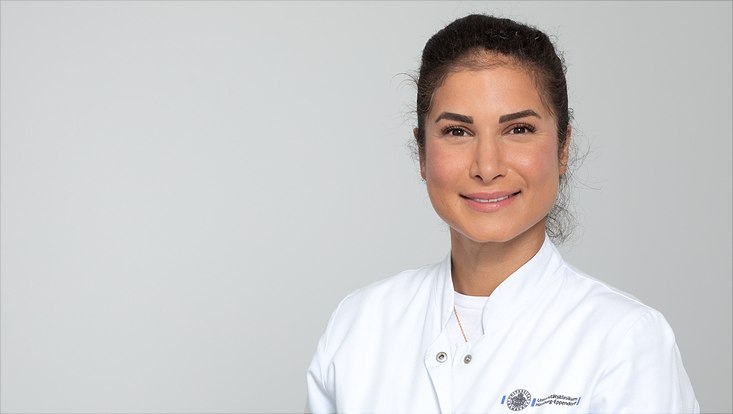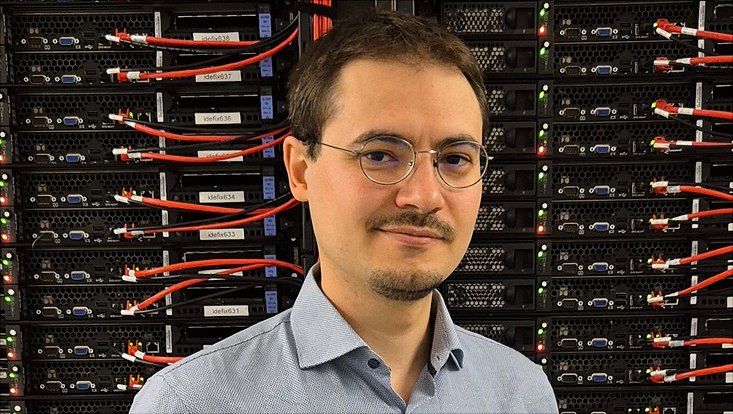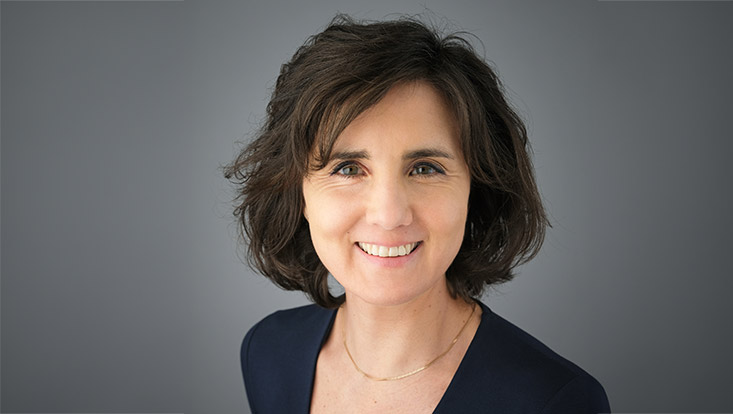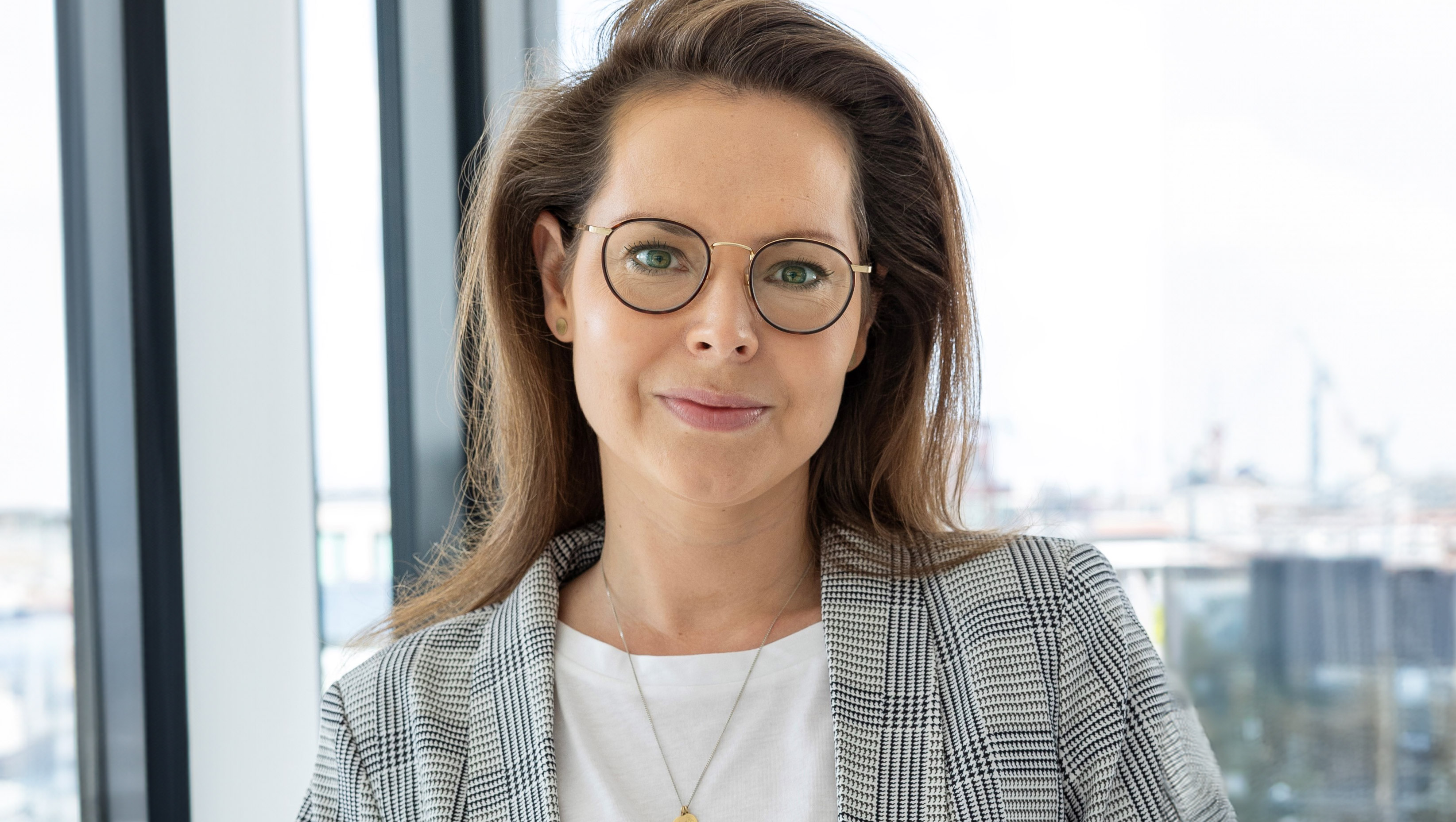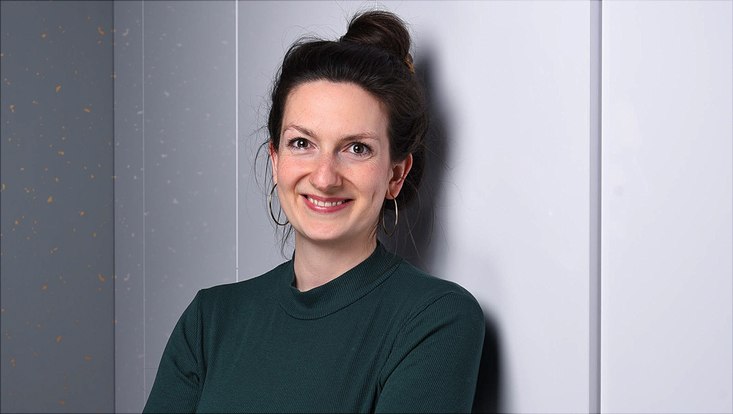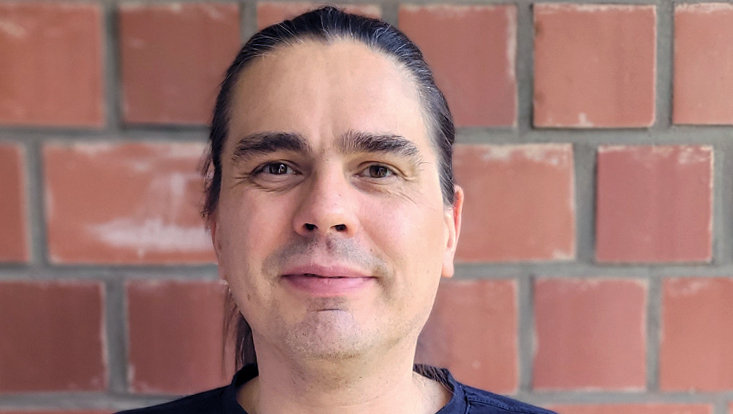Simon Rienks, Fiona Sauerbier, and Dr. Tobias Vlćek—Business administration
Award-winning courses: Bachelor module, Foundations of Operations Research
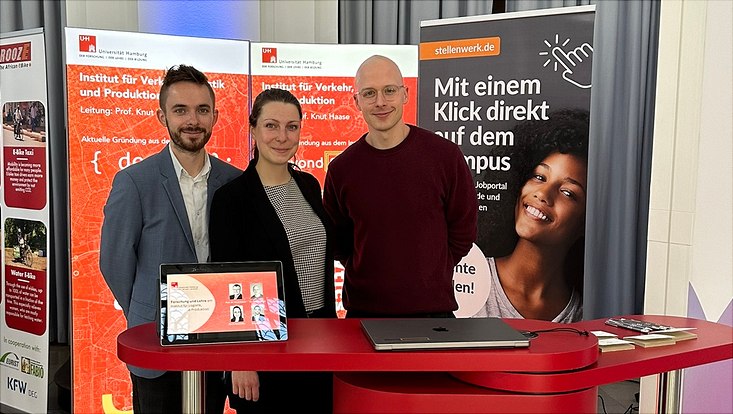
What was particularly important to you when designing this module?
The module is the result of many years of work, under the leadership of Prof. Knut Haase. Our primary goal was always to build a module that would also have spoken to us when we were students. Content-wise, it is about finding mathematical solutions to complex logistical problems. As part of the course for example, we deal with transport issues, as well as calculating the shortest possible routes within networks, or optimizing schedules in comprehensive projects.
One of the first challenges we could remember from our time as students, was studying intensely before exams. Or faculty introduced a web-based exam training platform in 2016, on which students receive tasks in two-weekly blocks, which, if they were solved correctly would provide bonus points for the exam. The unique selling point: The blocks operate on a cycle, with one block ending as the next begins. For students to get all the bonus points, they have to constantly revise their material throughout the semester. The platform is now a fixed component of our module.
The exercises have also been restructured, to make them more interactive and flexible. Now, the there are videos laying out the working for the individual tasks which can be accessed on the digital learning platform, OpenOlat. Students can then comment under the videos, and enter into conversation with the tutors and with other students.
We also have in-person discussions, in which students solve additional tasks, and present them to other students. Students can also earn bonus points here, if they have the confidence to present their results—regardless of whether or not they are correct. Then the results are discussed. This way, mistakes are not punished, but serve instead to valuable exchanges of information. Basically, students should have fun with the subject, and participate continuously throughout the semester, even if it seems that the workload is higher than for other subject.
What do you think good teaching is?
Dr. Tobias Vlćek: For me, good teaching is communicating knowledge as equals. A lot of content, that seems obvious to us after years of teaching it, can be complicated on first glance for students. To communicate this content well, it would be explained simply, and demonstrated using examples. That is why dialogue must be open, with no questions deemed wrong or silly.
Simon Rienks: Students, particularly bachelor’s students, often ask “What do I need that for?” It’s a question that a teacher should always try to answer, to highlight the relevance of the material, but also to spark their interest. If you can’t answer that question, even if the topic has long been part of the curriculum, it should be removed from the program. I also believe that students want and need to be challenged. The harder the content seems to be, the more energy needs to be put into its communication.
Fiona Sauerbier: Firstly, it needs to spark interest and enthusiasm for the content, which is often challenging, particularly for fundamental subjects that rarely seem that interesting. It is also important to communicate complex information in such a way that it is easy to understand, without obscuring the depth and complexity. For me, there is nothing more boring than “just” learning something off by heart, only to forget it the moment the exam is over. An other important point for me is that every participant feels at home, so we create a space in which everyone can ask any questions, and is happy to come to lectures and tutorials.

